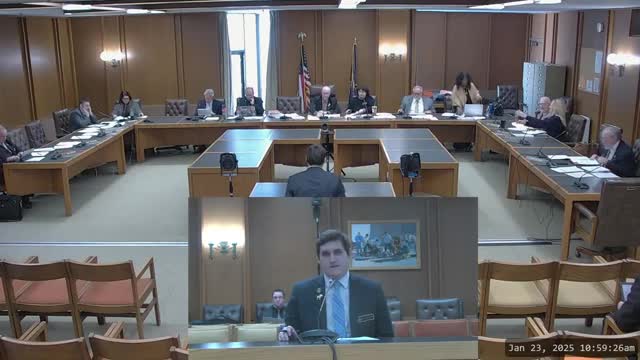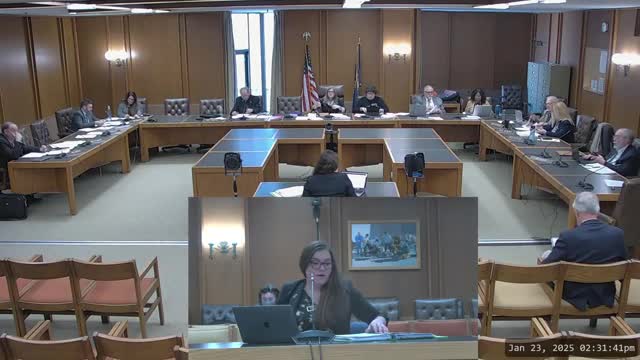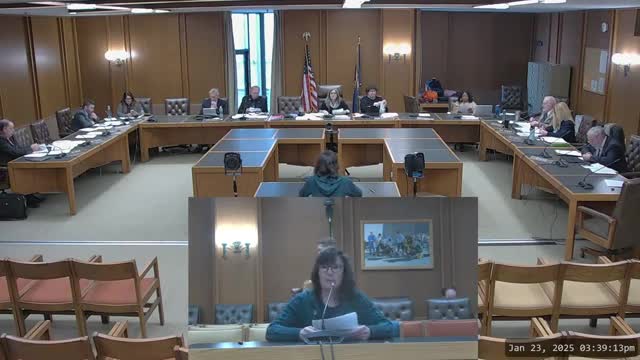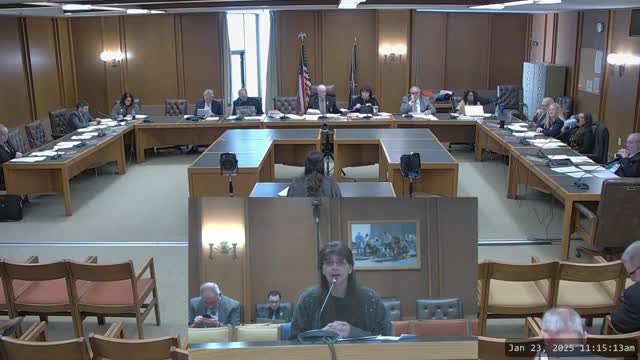Article not found
This article is no longer available. But don't worry—we've gathered other articles that discuss the same topic.

Committee hears testimony to double therapeutic cannabis possession limit to 4 ounces

Panel weighs HB 226 to authorize drug-checking services for harm reduction programs

Supporters urge repeal of extra felony for program participants who sell cannabis; bill would align penalties

Committee hears HB 198 to legalize possession of up to 2 ounces for adults

